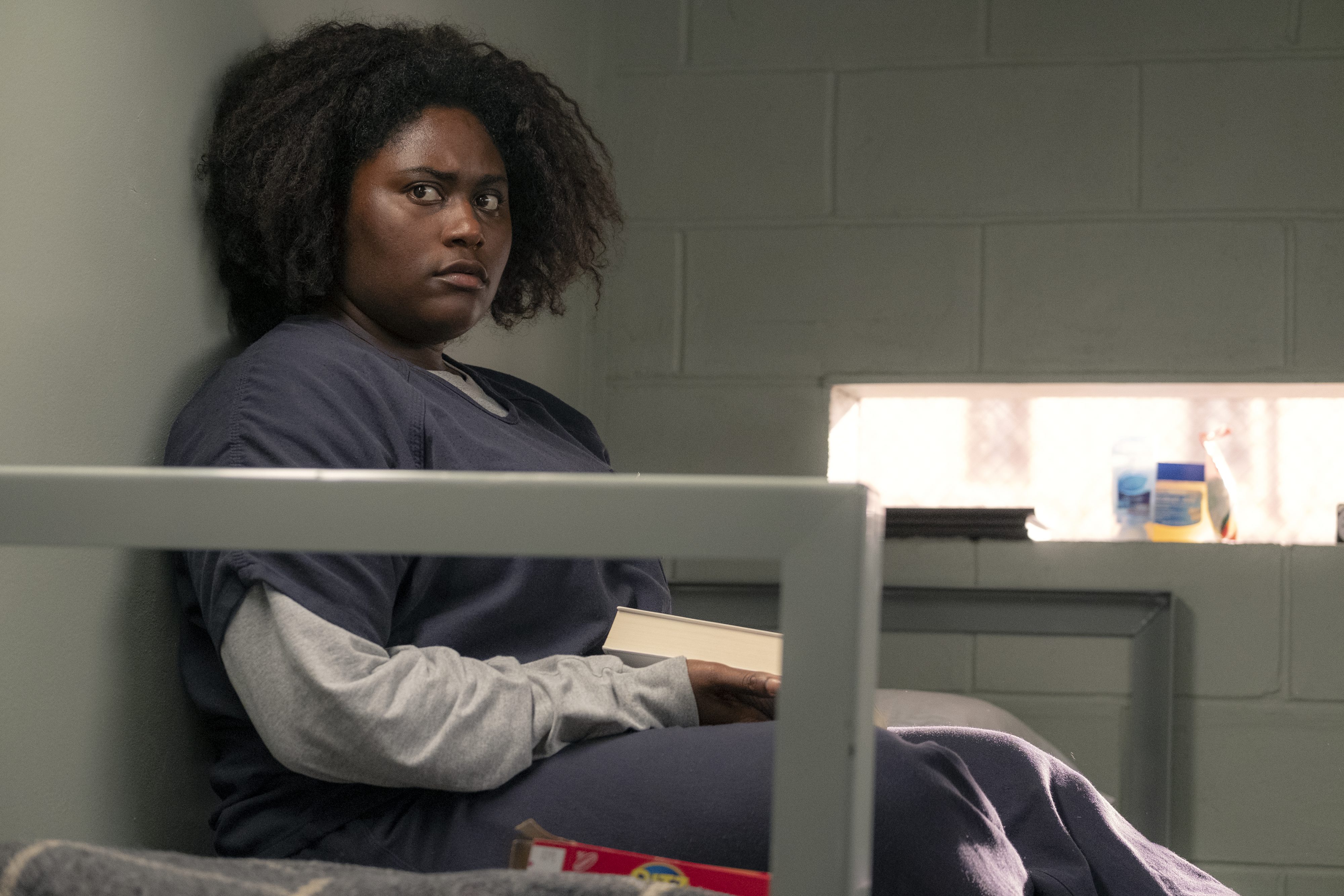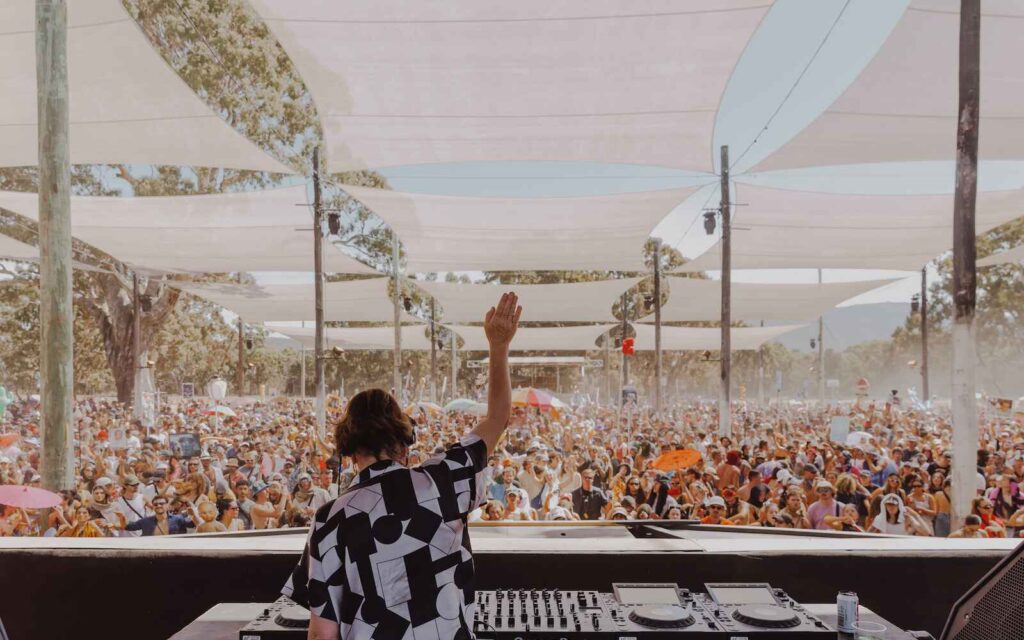An emotional soundtrack for a highly emotional show.
For all its exaggerated drama and racy sex scenes, Orange Is The New Black also does well to illustrate the pitfalls of the American justice system. The series has been championed for its realistic portrayal of women while highlighting the various forms of privilege (or lack thereof) faced by those behind bars.
As well as sublime casting, acting and writing, OITNB’s emotional impact is also a product of a well-considered soundtrack encompassing a range of genres and moods. While there are too many examples of the soundtrack’s successes to mention, here is a selection of the very best musical moments across the series.
‘You’ve Got Time’ by Regina Spektor
You can’t discuss music from the Orange Is The New Black soundtrack without mentioning the show’s theme song. While OITNB is a definite contender for the longest opening sequence in TV history, Regina Spektor’s ‘You’ve Got Time’ is compelling enough to keep you from pressing the skip button – even several hours into a heavy bingeing session.
“The animals, the animals/Trapped, trapped, trapped ‘til the cage is full” accompanied by the thud of a prison gate slamming shut immediately sets the tone for the dark dramedy. It’s no wonder the track is so fitting, seeing as Spektor wrote the track for the series after being approached by its creator, Jenji Kohan. The song went on to earn Spektor her first Grammy nomination in 2014.
‘Come On Up To The House’ by Tom Waits
In a show that highlights the injustices faced by women of colour, those from low socio-economic backgrounds and LGBTQIA+ inmates in the American prison system, it’s hard to feel sorry for protagonist Piper Chapman. That said, you can kind of empathise when she’s granted furlough to visit her dying grandmother and is consequentially alienated by everyone around her.
Caught between being seen as an unfairly advantaged poster child for white privilege by her fellow inmates and a criminal by her friends and family, Piper takes advantage of her brief freedom by blowing everyone off to enjoy the simple things: booze, fast food and solitude. Tom Waits’ ‘Come On Up To The House’, an elegy to being an outsider, is wonderfully fitting for this moment.
‘Coming Down’ by Dum Dum Girls
Subtlety has never been the OITNB soundtrack’s MO, so to pair Nicky Nichols’ transfer to maximum security after she gets pinned with drugs with Dum Dum Girls’ ‘Coming Down’ is so on-the-nose, it’s brilliant. Not only does the moody track signify a possible farewell for one of the series’ most loveable characters, but it also marks a turning point for Nichols’ reckless, self-destructive behaviour as she finally plummets to rock bottom. It’s hard to keep your eyes dry during this scene.
‘To Build A Home’ by The Cinematic Orchestra
The OITNB writers have perfected the art of the cliffhanger, and the final episode of season five was one of their finest loose-end conclusions. The aftermath of the Litchfield riot is heavy viewing as it is. However, the haunting piano-driven melody of ‘To Build A Home’, paired with the inmates’ peaceful surrender at the risk of being killed, is enough to cause the toughest of viewers to shed a tear or two.
‘Dancing On My Own’ by Robyn
Robyn’s ‘Dancing On My Own’ is the kind of tune that can turn you into a puddle no matter the context, though it’s used poignantly on the OITNB soundtrack. After a series of selfish decisions see Chapman cosying up to a white supremacy gang for protection, she’s left on the outskirts of a party welcoming Nichols back to Litchfield’s minimum-security walls.
‘Dancing On My Own’ becomes a fitting backdrop for Chapman’s newfound status as a social pariah, though Robyn’s pained sentiments take on a whole new meaning when Chapman is kidnapped, held down and branded with a swastika by Maria Ruiz’s gang. The scene alternates between Robyn’s woeful crooning and Chapman’s pained screams. It’s truly uncomfortable to watch.
‘Muddy Waters’ by LP
Rather than focusing on the emotional weight of Poussey’s death, this episode flickers between the subsequent prison riot and flashbacks to a random night out in New York prior to her incarceration. ‘Muddy Waters’ builds as Daya contemplates shooting a guard, only to return to a scene of Poussey beneath the New York skyline, smiling into the camera.
The scene encapsulates an array of themes, ranging from the fragility of life and the importance of appreciating the small things, to the staggering power imbalance within an unjust prison system.
Check out our guide to the soundtrack from The Handmaid’s Tale here.






